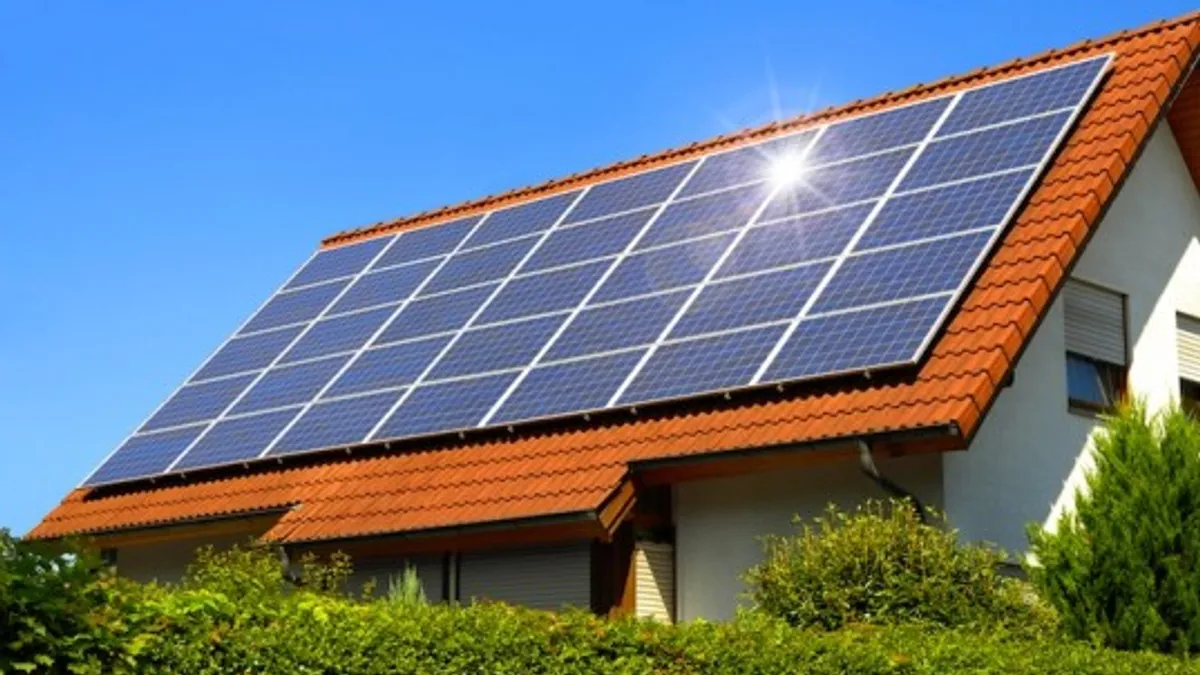Dive Brief:
- Four North Carolina Republican Representatives introduced a bill Monday that would allow renewables developers to bypass utilities and sell power directly to customers, the Charlotte Business Journal reports.
- HB 245, or the Energy Freedom Act, would legalize the third party ownership (TPO) financing that has driven a rooftop solar boom where it is permitted. A coalition of businesses supports the proposed legislation
- The bill is expected to be opposed by Duke Energy Carolinas, Duke Energy Progress, and Dominion North Carolina Power, the state’s dominant utilities, although a spokesperson said Duke Energy could support TPO in the context of broader energy legislation, like it did in South Carolina.
Dive Insight:
Current state law requires power producers to sell all output to utilities, who then pass it on to customers. The TPO proposal would allow renewable energy developers to sell power to customers as long the project is on the customer's property and does not produce over 125% percent of the customer’s electricity usage.
A coalition of businesses including Wal-Mart, Cargill, Target, and North Carolina-based Lowes and Family Dollar supports the legislation, and wrote a letter to Rep. John Szoka (R-Cumberland), the bill's author, urging him to introduce it. But expected opposition from the state's powerful utilities would make passage difficult. Duke Energy says it prefers to discuss third party ownership legislation on its own, and not as a part of Szoka's broader bill.
North Carolina solar grew 127% between 2010 and 2013, according to "Star Power; The Growing Role of Solar Energy in North Carolina," a report from Environment North Carolina. Strong policies and major building of central station solar by Duke Energy helped make the state 2nd in the U.S. for Installed solar capacity at the end of 2014. Opening up the residential rooftop market will make it possible for solar growth that the report forecasted could provide 20% of the state’s electricity by 2030.
By achieving that potential, North Carolina could get more than two-thirds of its Clean Power Plan-imposed 2030 emission reductions. The policies needed, according the report, include: (1) Maintaining strong net metering and interconnection standards, (2) Promoting community solar, virtual net metering, and government owned-solar, (3) Allowing third party ownership (TPO) of solar through leasing programs that offer solar without upfront costs or maintenance responsibilities, and (4) Making solar part of the state's Clean Power Plan compliance program.













